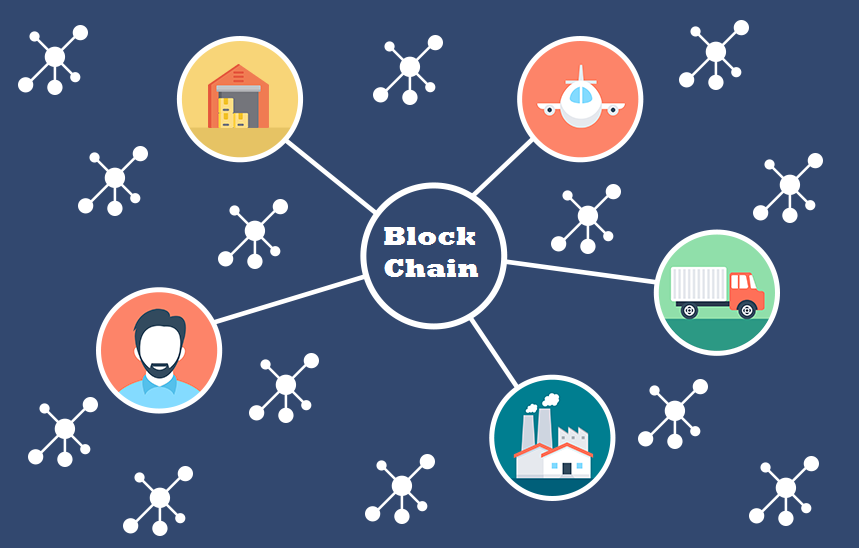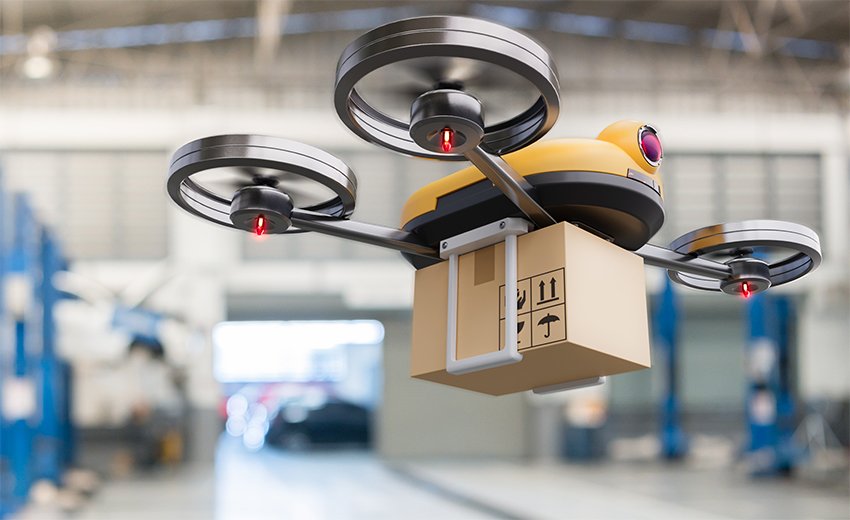Blockchain technology is no longer just about cryptocurrencies; it is transforming various industries by providing transparency, security, and efficiency. From finance to healthcare, supply chain to real estate, blockchain is reshaping traditional processes, reducing costs, and creating new opportunities. This article explores how blockchain is transforming industries and its potential impact on the future.
Revolutionizing Financial Services
Blockchain technology is revolutionizing financial services by providing secure and transparent transactions:
- Decentralized Finance (DeFi): DeFi platforms use blockchain to offer financial services like lending, borrowing, and trading without intermediaries. This reduces costs and provides greater access to financial services.
- Cross-Border Payments: Blockchain enables faster, cheaper cross-border payments by eliminating intermediaries and reducing transaction times from days to minutes.
- Smart Contracts: These self-executing contracts automate processes like loan approvals, reducing paperwork and human error.
The use of blockchain in finance enhances security, reduces fraud, and improves overall efficiency.

Enhancing Supply Chain Management
Blockchain is transforming supply chain management by increasing transparency and traceability:
- Real-Time Tracking: Companies use blockchain to track products from origin to destination in real time. This helps verify the authenticity of goods, especially in industries like pharmaceuticals and luxury goods.
- Fraud Prevention: Blockchain prevents fraud by creating an immutable ledger of transactions. This is crucial for preventing counterfeiting and ensuring product quality.
- Improved Collaboration: All parties in the supply chain, including manufacturers, suppliers, and retailers, can access a shared, transparent ledger, improving coordination and reducing delays.
Blockchain’s transparency and traceability enhance supply chain efficiency and trust.
Transforming Healthcare Systems
Blockchain technology is revolutionizing healthcare by enhancing data security and patient privacy:
- Secure Patient Data: Blockchain provides a secure and decentralized way to store patient records, ensuring privacy and preventing data breaches.
- Interoperability: Blockchain facilitates the secure sharing of medical records among healthcare providers, improving patient care and reducing duplication.
- Drug Traceability: Blockchain helps track pharmaceuticals throughout the supply chain, preventing counterfeit drugs and ensuring safety.
The application of blockchain in healthcare improves data security, patient outcomes, and operational efficiency.
Revolutionizing Real Estate Transactions
Blockchain is transforming real estate by simplifying transactions and reducing costs:
- Smart Contracts: Blockchain-based smart contracts automate processes like property transfers and lease agreements, reducing the need for intermediaries and minimizing paperwork.
- Transparent Property Records: Blockchain provides a transparent and immutable record of property ownership, reducing fraud and disputes.
- Fractional Ownership: Blockchain allows for fractional ownership of real estate, making it more accessible to a broader range of investors.
The use of blockchain in real estate increases transparency, reduces costs, and speeds up transactions.
Strengthening Cybersecurity
Blockchain is enhancing cybersecurity by providing a secure and decentralized way to store data:
- Immutable Records: Blockchain’s immutable ledger ensures that data cannot be altered or tampered with, enhancing security and trust.
- Decentralized Storage: Storing data on a decentralized blockchain reduces the risk of centralized attacks, making it more resilient to cyber threats.
- Identity Management: Blockchain provides secure digital identities, reducing the risk of identity theft and enhancing user privacy.
Blockchain technology strengthens cybersecurity by providing a more secure and tamper-proof data storage solution.
Improving Voting Systems
Blockchain technology is being explored for use in secure and transparent voting systems:
- Tamper-Proof Voting: Blockchain ensures that each vote is securely recorded and cannot be altered, preventing fraud and ensuring election integrity.
- Increased Voter Participation: With blockchain-based voting, citizens can vote remotely and securely, potentially increasing voter turnout.
- Transparency: All votes are recorded on a transparent ledger, allowing for an auditable trail that ensures the integrity of the electoral process.
Blockchain can make voting systems more secure, transparent, and accessible.
Innovating the Energy Sector
Blockchain is transforming the energy sector by enabling decentralized energy trading and management:
- Peer-to-Peer Energy Trading: Blockchain allows consumers to buy and sell energy directly from each other, bypassing traditional utilities and creating more competitive markets.
- Renewable Energy Certificates: Blockchain provides a transparent way to track and verify renewable energy certificates, ensuring authenticity and compliance.
- Efficient Energy Management: Smart contracts can automate energy distribution and payments, optimizing energy usage and reducing costs.
Blockchain in the energy sector promotes transparency, efficiency, and sustainability.
Enhancing Intellectual Property Management
Blockchain technology is revolutionizing intellectual property (IP) management by ensuring authenticity and ownership:
- Digital Rights Management: Blockchain provides a secure and immutable record of IP ownership, reducing disputes and ensuring creators are compensated.
- Proof of Authenticity: Blockchain can verify the authenticity of digital assets, preventing piracy and unauthorized use.
- Smart Contracts for Royalties: Smart contracts automate royalty payments for digital content, ensuring timely and accurate payments to creators.
The use of blockchain in IP management enhances transparency, security, and fairness for creators and rights holders.
Disrupting Traditional Logistics
Blockchain is disrupting traditional logistics by improving efficiency and reducing costs:
- Automated Freight Management: Blockchain-based smart contracts automate the management of freight and shipping logistics, reducing paperwork and human error.
- Customs and Border Compliance: Blockchain provides a transparent and verifiable record of goods, speeding up customs clearance and reducing delays.
- End-to-End Visibility: Blockchain offers end-to-end visibility of goods, enhancing supply chain transparency and accountability.
Blockchain in logistics enhances efficiency, reduces costs, and improves trust among stakeholders.
Conclusion
Blockchain technology is transforming industries by providing transparency, security, and efficiency. From revolutionizing financial services to enhancing supply chain management, healthcare, real estate, and more, blockchain is reshaping traditional processes and creating new opportunities. As adoption continues to grow, blockchain has the potential to unlock even more value across various sectors, paving the way for a more transparent, secure, and efficient future.










